Financial Literacy - Personal Finance Education
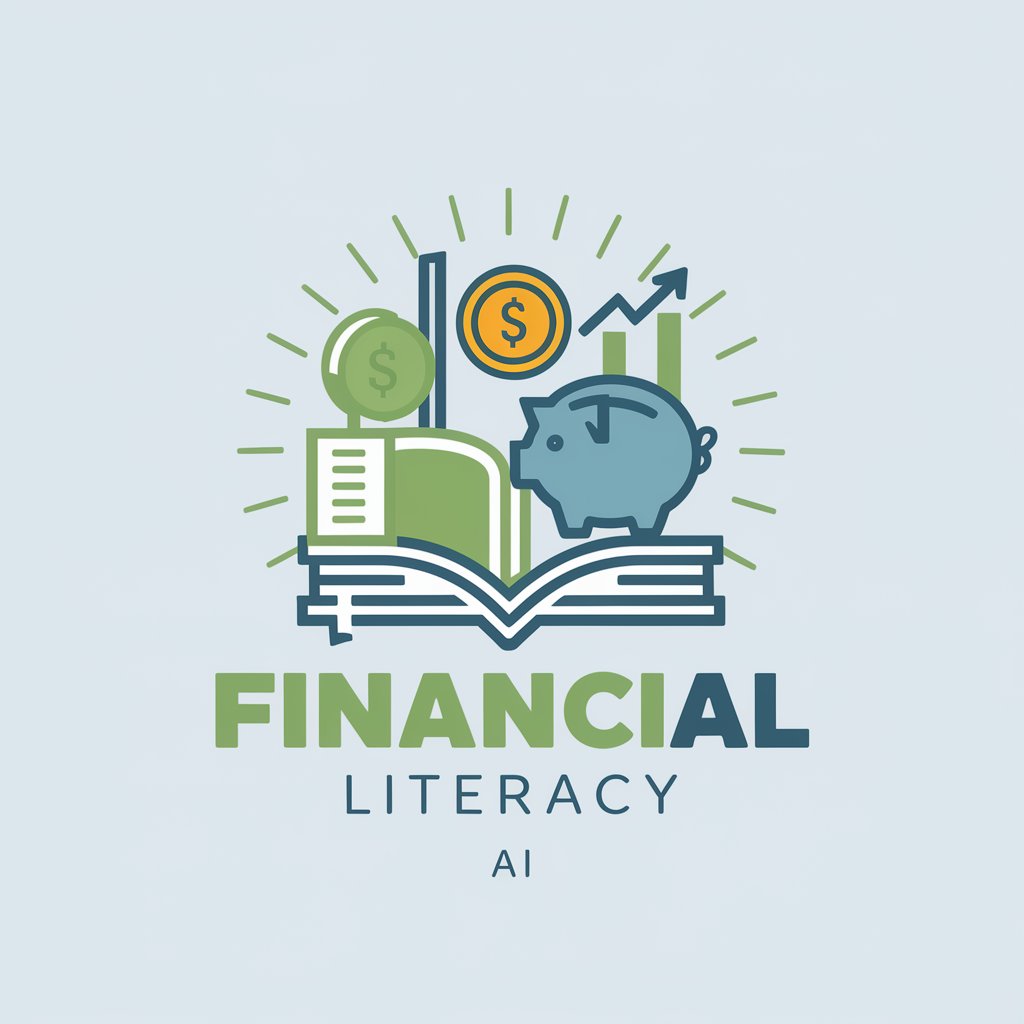
Hello! Let's make sense of your finances together.
Empowering financial decisions with AI
Can you explain the concept of compound interest and how it affects savings?
What are some effective strategies for creating and sticking to a budget?
How can I start investing with a small amount of money?
What are the key differences between a Roth IRA and a traditional IRA?
Get Embed Code
Introduction to Financial Literacy
Financial Literacy is designed as a comprehensive tool aimed at enhancing individuals' understanding and management of personal finances. Its core purpose is to educate users on a wide array of financial topics including budgeting, saving, investing, and debt management. Through clear, accessible explanations, Financial Literacy aims to empower users to make informed financial decisions, fostering financial independence and security. An example scenario where Financial Literacy proves invaluable is in helping a young adult create their first budget. The user learns how to allocate income towards savings, essential expenses, and discretionary spending, thus establishing a solid foundation for responsible financial habits. Powered by ChatGPT-4o。

Main Functions of Financial Literacy
Budgeting and Expense Tracking
Example
Providing a step-by-step guide to creating a monthly budget plan, helping users to categorize their expenses and recommend strategies to minimize overspending.
Scenario
A user wants to save for a down payment on a home. Financial Literacy guides them through setting up a budget that allocates funds towards savings, while managing monthly expenses.
Investment Education
Example
Explaining different types of investments (stocks, bonds, mutual funds) and the associated risks and returns, to help users make informed choices about where to invest their money.
Scenario
An individual is interested in starting to invest in the stock market. Financial Literacy provides an overview of stock market basics, risk assessment, and tips on diversifying investments.
Debt Management and Credit Building
Example
Offering advice on managing debt effectively, including strategies for paying off credit card debt and improving credit scores.
Scenario
A user struggles with high-interest credit card debt. Financial Literacy suggests a plan for debt repayment, such as the debt snowball method, and tips on negotiating lower interest rates.
Savings Strategies
Example
Sharing methods for setting savings goals, such as emergency funds, retirement, and large purchases, and techniques for achieving these goals.
Scenario
A family wishes to save for a vacation. Financial Literacy assists in establishing a savings plan, breaking down how much needs to be saved monthly to reach the goal within a desired timeframe.
Ideal Users of Financial Literacy Services
Young Adults and Students
This group often stands at the threshold of financial independence. Financial Literacy can guide them through basic financial skills like budgeting, saving for the future, and understanding credit, which are crucial as they navigate through college, early career stages, and beyond.
New Investors
Individuals looking to start investing but lacking the knowledge to do so confidently will find the investment education offered by Financial Literacy invaluable. It demystifies the stock market, bonds, and other investment vehicles, providing a safe foundation on which to build an investment portfolio.
People Facing Financial Changes
Those experiencing significant life changes such as marriage, the birth of a child, or retirement may need to adjust their financial plans. Financial Literacy offers tailored advice to help navigate these transitions smoothly.
Individuals Struggling with Debt
For users overwhelmed by debt, Financial Literacy provides strategies for debt reduction and management, helping them to regain control of their financial situation and work towards becoming debt-free.

How to Use Financial Literacy
Begin Your Journey
Visit yeschat.ai to access a free trial without the need for a login, and no requirement for ChatGPT Plus.
Identify Your Financial Goals
Consider your personal financial objectives, whether it's debt reduction, savings enhancement, investment planning, or budgeting.
Explore Topics
Navigate through various sections including budgeting, saving, investing, and debt management to find content that matches your interests.
Engage with Interactive Tools
Use available calculators, quizzes, and scenarios to apply concepts to your own financial situation for a practical learning experience.
Review and Apply
Regularly review the insights and advice provided to integrate financial literacy into your daily life and make informed decisions.
Try other advanced and practical GPTs
Politics
Unbiased Political Analysis at Your Fingertips

Scheduler
Automate scheduling with AI precision

Raffle
Simplify Your Raffle with AI

History
Explore history with AI-powered insights

Events
Transforming event planning with AI

SMMA Guide
Empowering Your Social Media Journey with AI

The Strategic CFO
Empowering Finance with AI-Driven Insight
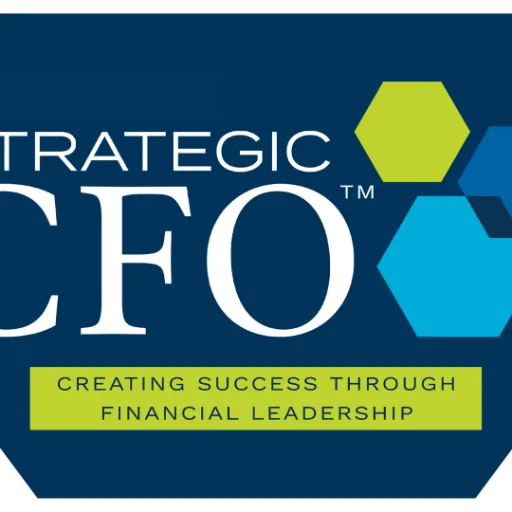
Finance Mastermind
Empowering Financial Decisions with AI
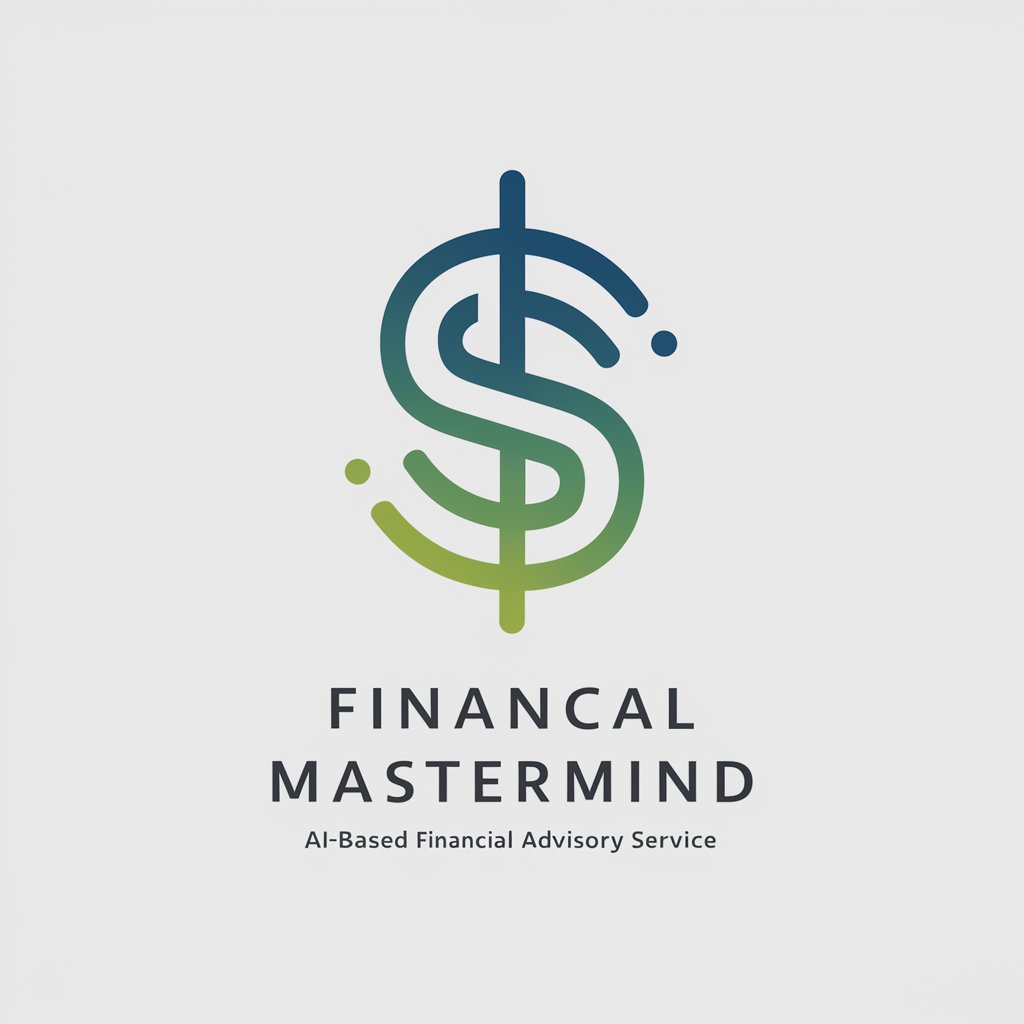
Smart Finance Buddy
Empowering financial decisions with AI
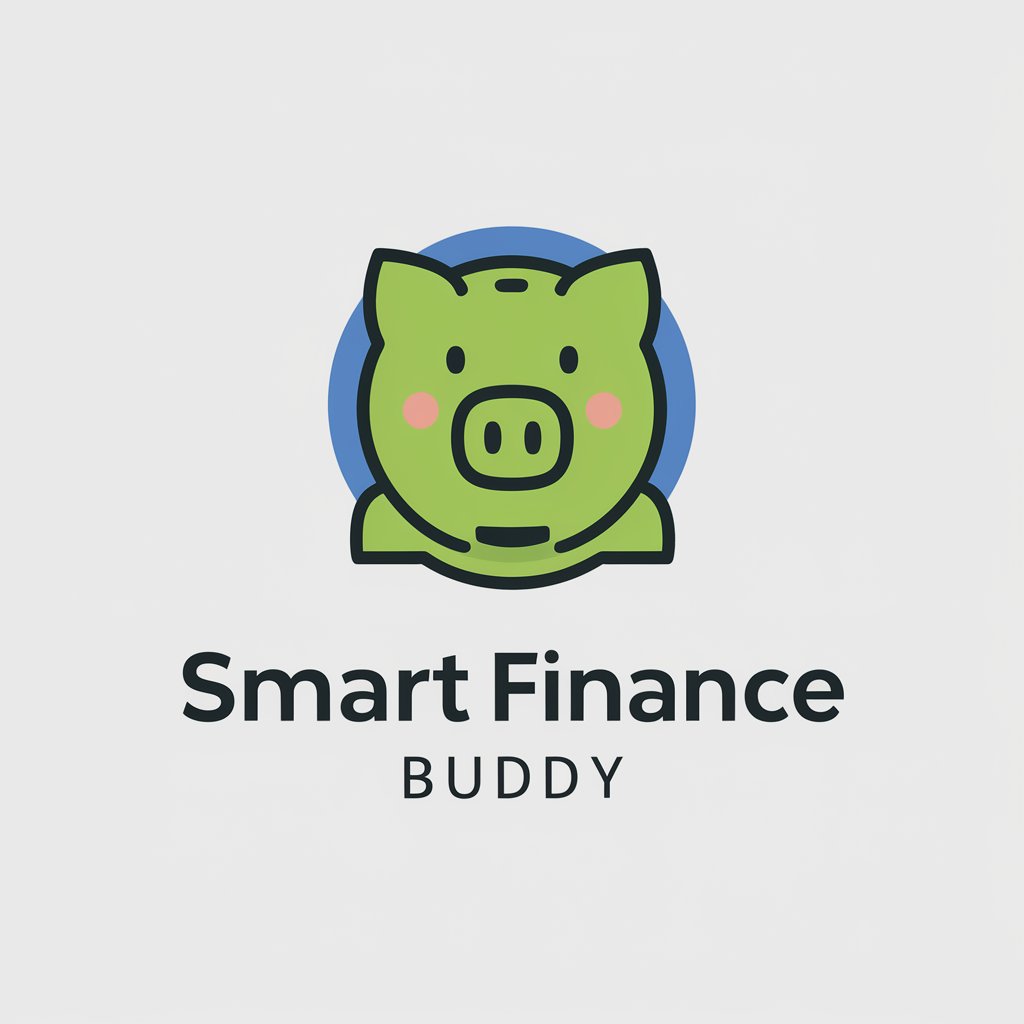
GLMA Quant
Empowering finance with AI

Credit Card Arbitrage Strategist
Maximize earnings with AI-driven credit strategies.

Financing
Empowering Financial Decisions with AI
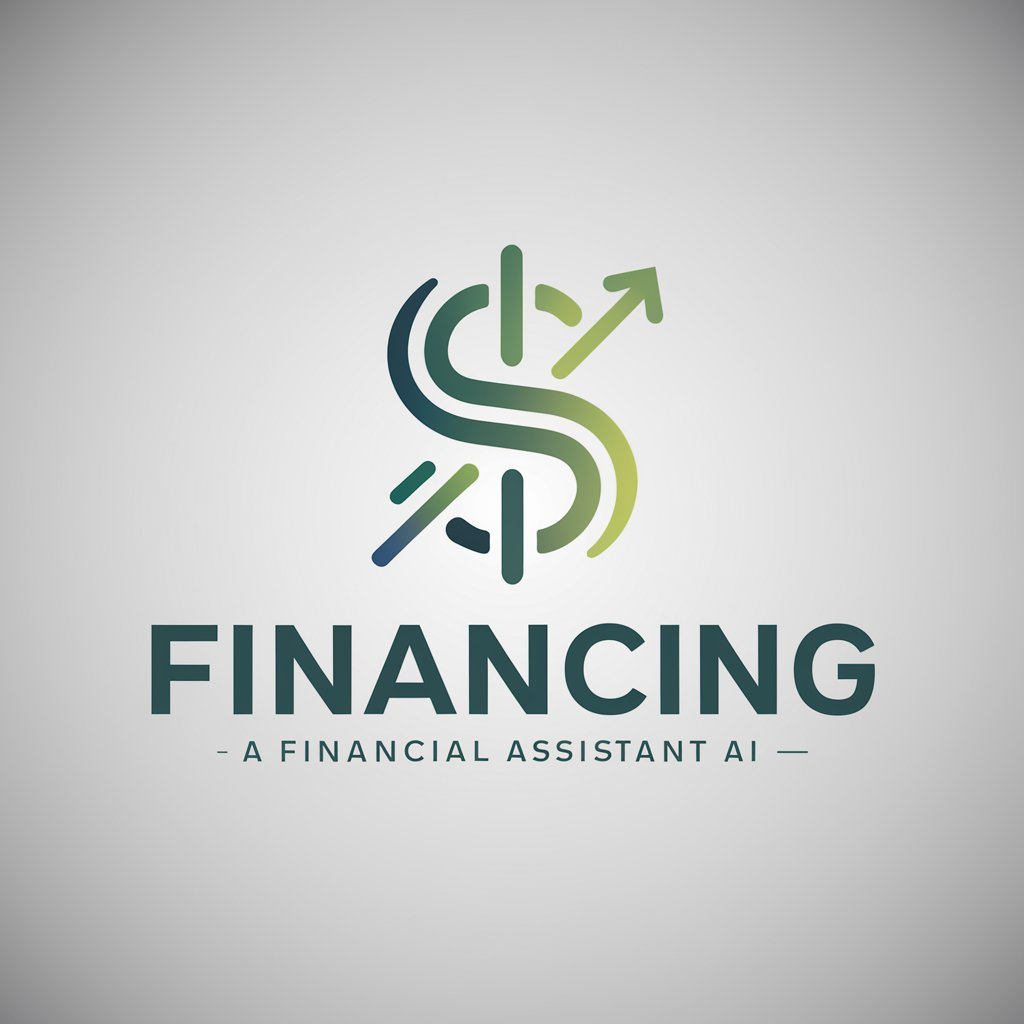
Frequently Asked Questions about Financial Literacy
What is Financial Literacy and why is it important?
Financial Literacy refers to the ability to understand and effectively use various financial skills, including personal financial management, budgeting, and investing. It's crucial for making informed financial decisions, achieving financial stability, and reaching long-term goals.
How can Financial Literacy help me with budgeting?
Financial Literacy provides tools and concepts for tracking your income and expenses, setting realistic budgets, and sticking to them. This helps in managing your money efficiently, saving for the future, and avoiding unnecessary debt.
Can Financial Literacy assist in investment decisions?
Yes, it covers basic investment principles, risk management, and how to diversify portfolios. While it doesn’t offer specific investment recommendations, it educates on how to make informed choices based on your financial goals and risk tolerance.
What are some ways to improve my Financial Literacy?
Engaging with financial education platforms, reading books on personal finance, attending workshops, and using financial management tools are effective ways to enhance your financial literacy. Regular practice and application of financial concepts to your personal life are key.
Is Financial Literacy suitable for all ages and backgrounds?
Absolutely. Whether you're a student learning about finances for the first time, a professional planning for retirement, or anyone in between, Financial Literacy provides valuable resources and tools to manage your finances more effectively.
